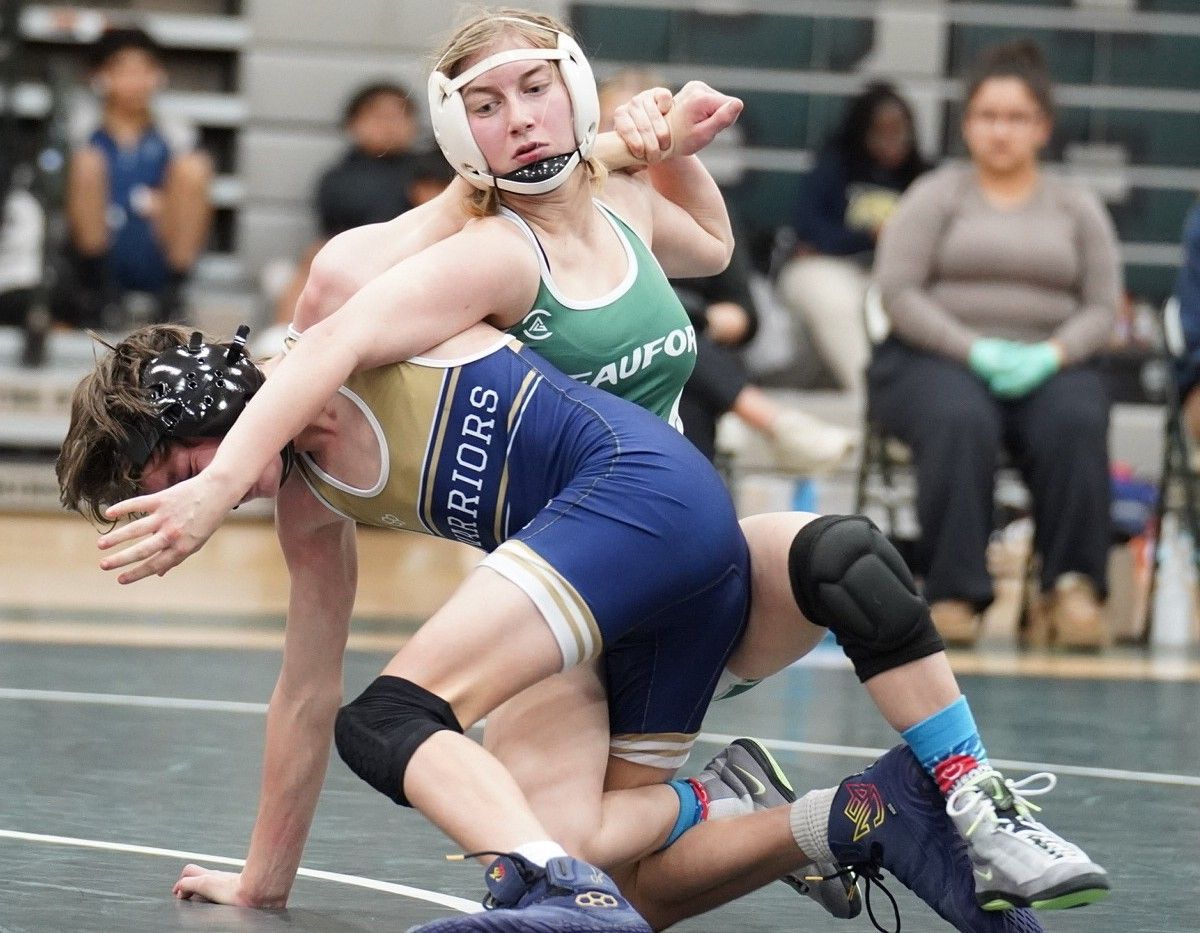By SCOTT GRABER
When I entered The Citadel in August of 1963, there was not one spoken or written word of dissent about the war in Vietnam. When I graduated in the spring of 1967, there were protests, candle-lit marches and widespread anger from those who might be drafted.
When I got to law school in 1967, the Mall in Washington was the scene of anti-war demonstrations that completely eclipsed earlier gatherings supporting civil rights or the environment. By 1968, Bobby Kennedy, Eugene McCarthy, Martin Luther King and Muhammad Ali had weighed in on the war, saying it was wrong, unwise, not winnable.
But in fact, the pitched battles — Hue and Tet — were won. Much of the Vietnamese countryside had been secured. But Lyndon Johnson was desperate for a decisive victory, and obsessed with getting his boys back home.
The boys who survived their “tour” were not coming home to acclaim or parades. They had been sullied by William Calley and the 28 civilians killed at My Lai in March of 1968. They were greeted by a public that believed most of the returnees were as guilty as Calley.
This was, in my opinion, the first fracturing of the Baby Boomer Generation — my generation.
After Vietnam Boomers were presented with the amorality of Richard Nixon, the ineffectiveness of Jimmy Carter, the manufactured sunshine of Ronald Reagan. All the while, the fracturing that came out of Vietnam remained in place.
Eventually Bill Clinton — the first Boomer President — got himself elected knowing that his generation was divided. When he ran for re-election he sought a “Third Way,” hoping to recapture the Boomers who were less liberal — who had moved from their aspirational youth into middle-aged pessimism.
Lance Morrow, a columnist who writes for the Wall Street Journal, believes that the “Boomers put off, for almost a lifetime, the intragenerational struggle that finally emerged in 2016.”
He says that until 2016, the division in this huge generational cohort, was hidden from view. But it came into full view in 2016 when Hillary Clinton and Donald Trump squared-off.
“As they approached the end of their story in the 2010s, it made sense that Donald Trump and Hillary Clinton (Boomer twins and opposites) would be the 2016 presidential nominees — or it made as much sense as the obsessive chic of transgenderism, or discretionary pronouns, or tattoos, or Bob Dylan as a Nobel laureate.”
(During the primaries I had been warned—my friend Tom Davis told me that Trump had was likely to win. My wife also worried about the forthcoming election; but I said to her, “I know this country; there is simply no way Trump will win this election.”)
Lance Morrow believes that Trump’s appeal is similar to the appeal of Don Corleone of “Godfather” fame — in spite of our better angels, we are attracted to this grenade-throwing realtor and his contempt for the police commissioner and Members of Congress.
But I also believe his victory had a lot to do with the internecine warfare that started earlier — first involving those who went (to Vietnam) versus those who dodged or marched on the Mall. When it comes to Vietnam, there are Boomers who will go to their graves believing that the war in Vietnam was wrong. And there are those who believe this was a winnable war, screwed up “by the bureaucrats in Washington.”
Morrow says there is another characteristic of the Boomer Generation — we are self-righteous and smug.
“Their overwhelming numbers have ensured that as they pass through history, they remain snug in a cloud of their collective self-regard. They generate their own publicity, they affirm its truth by believing it. The narcissist is his own best customer.”
I know this fracturing business is simplistic; but I believe the Boomers were divided into two camps in 1968 and that wound never properly healed. (What is strange, perplexing, is the fact that Trump did the dodging routine when the U.S. Army came calling. But that doesn’t bother the “Boomers who fought” faction. They remain a part of his coalition.)
And as the Boomers die and their impact diminishes, the formula for winning the 2020 Presidential race has also changed. These days there seem to be four or five states — Pennsylvania, Michigan, Ohio, etc., — where there are “persuadables.”
These voters can go either way and were, apparently identified by Facebook and targeted by Cambridge Analytica in 2016. This, the pundits say, is where the 2020 election will be won or lost.
Scott Graber is a lawyer, novelist, veteran columnist and longtime resident of Port Royal. Email Scott at cscottgraber@gmail.com.






